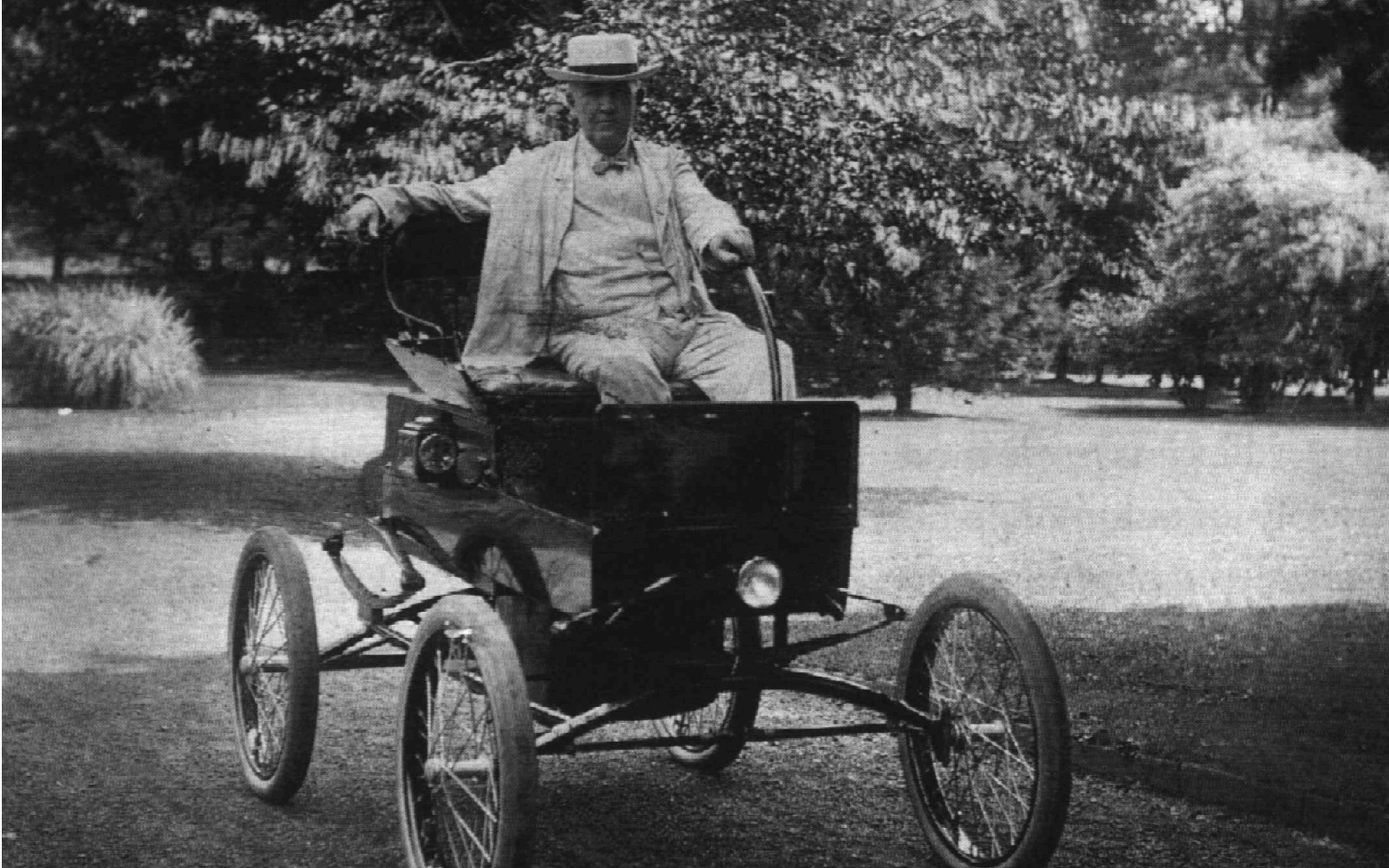The Electric Car: Not a Recent Invention

With the growing interest in electric cars, you might think that this type of technology is something new. After all, electric vehicles have only been made possible by recent advances in the fields of computers and batteries, right?
Wrong!
Read also
Miniature electric motors made their first appearances in the early 1800s, along with certain locomotives. But since there was no way to store energy, an independent car concept (not linked to rail) only emerged in 1859, when the lead battery was introduced.
The first electric car is credited to Thomas Parker, the same inventor behind the electrification of several public transit networks (like the London tube). France and the United Kingdom went on to champion electrification. By the 1890s, the Elwell-Parker company (yes, the same Parker mentioned previously) had the monopoly on electric vehicles.
Electric cars were already well established by the time the internal combustion engine made its debut. Moreover, the first vehicle to reach 100 km/h, the Jamais Contente in 1899, was powered by electrons. In more ways than one, electric vehicles were superior to their main competitors at the time, internal combustion engines (not yet called gasoline-powered) and steam-powered vehicles. They were quiet, didn’t scare the horses and started immediately, unlike their steam-powered counterparts which took 45 minutes to get going. Plus, no effort was needed to get the electric engines started, unlike the internal combustion ones which had to be started using a crank.
Over time, however, internal combustion won out. With road improvements, people wanted greater vehicle range. And technology like electric starters and catalytic converters made gas-powered cars more popular than ever.








